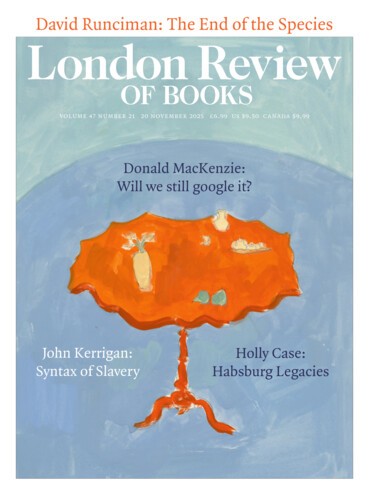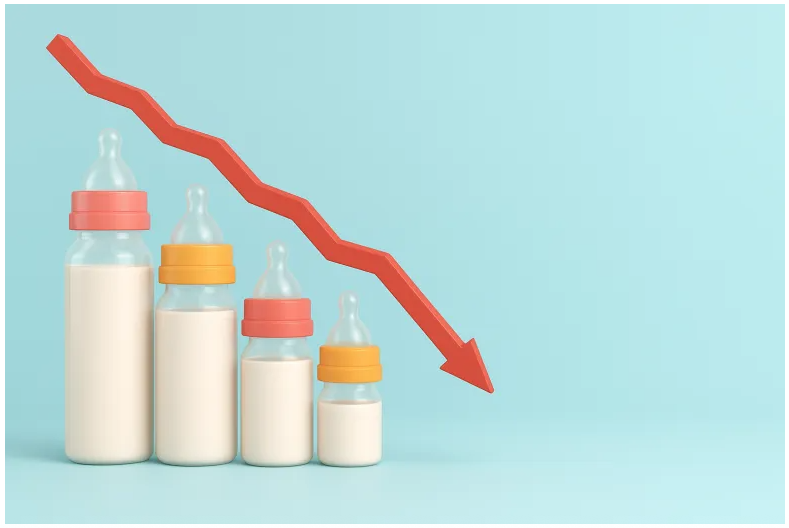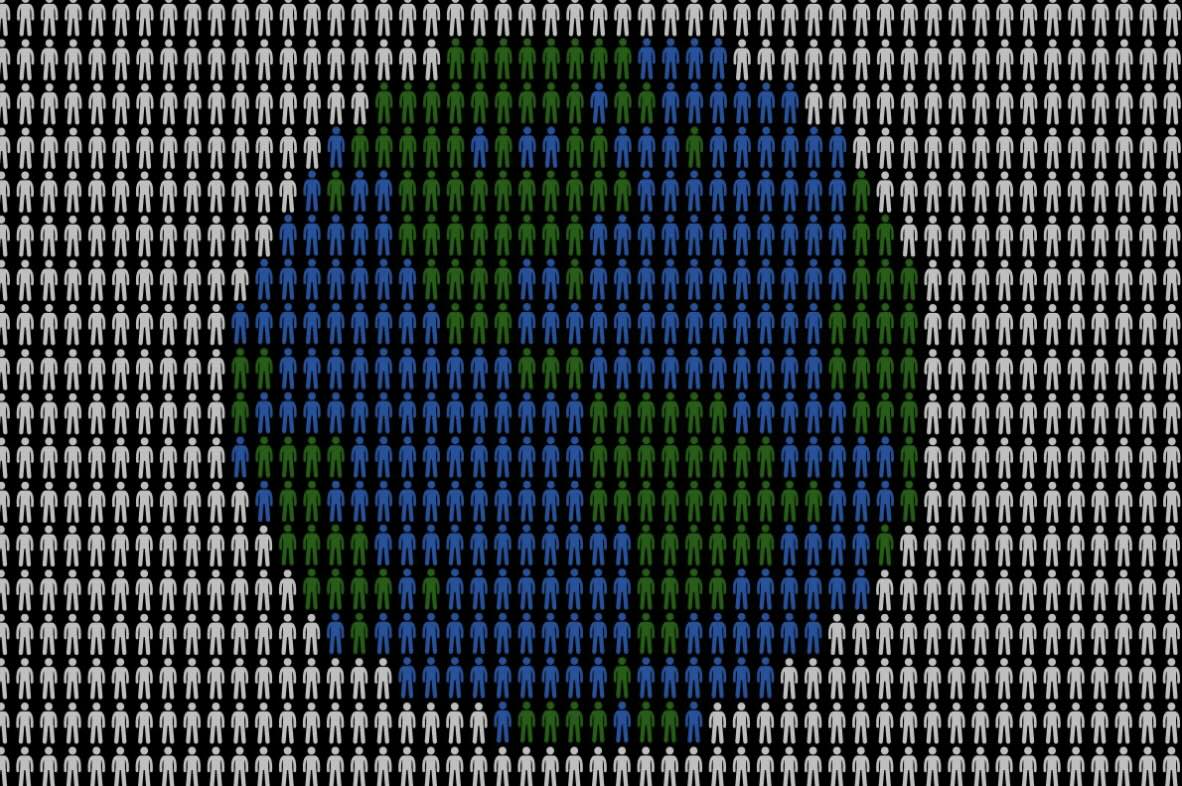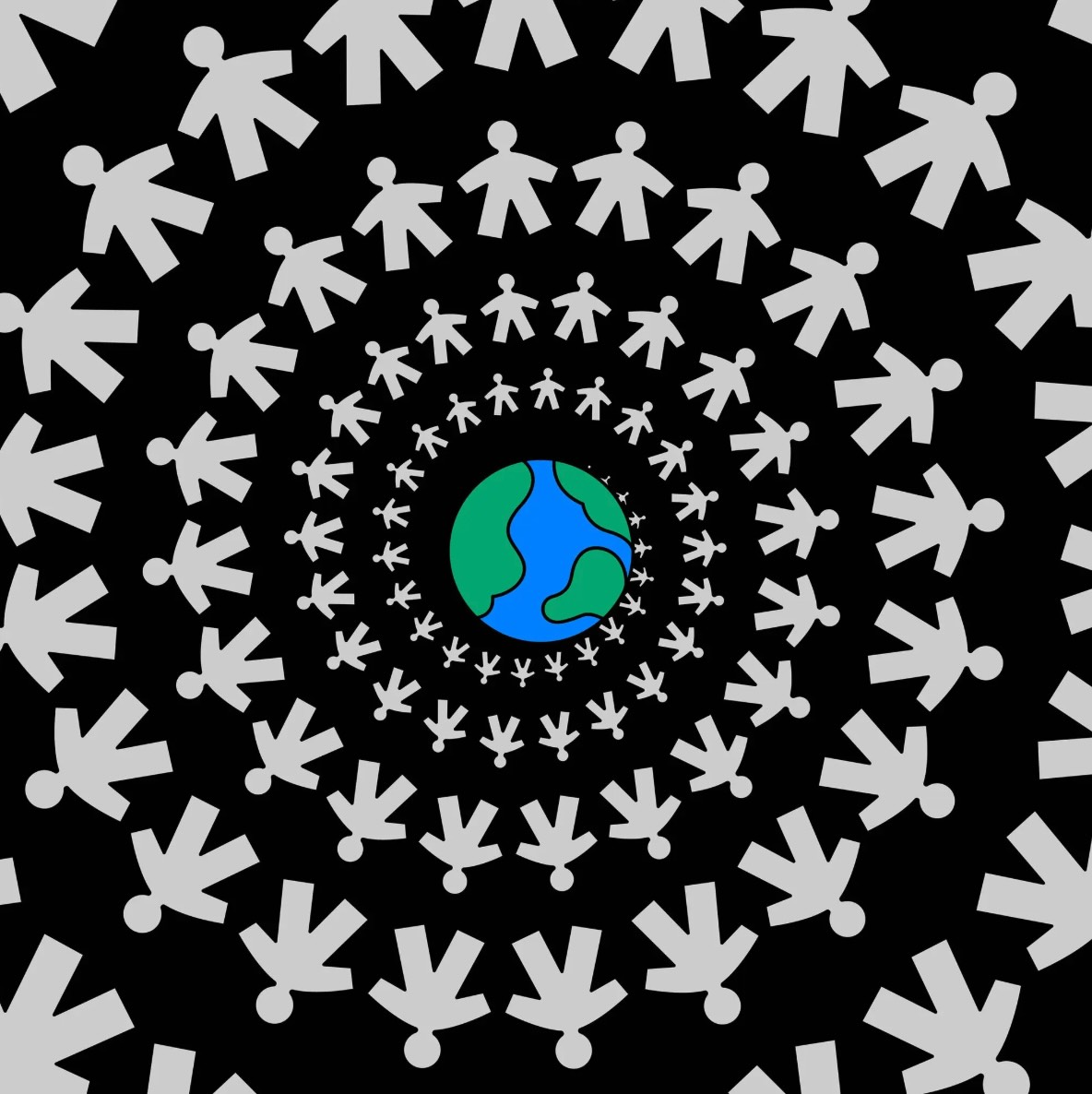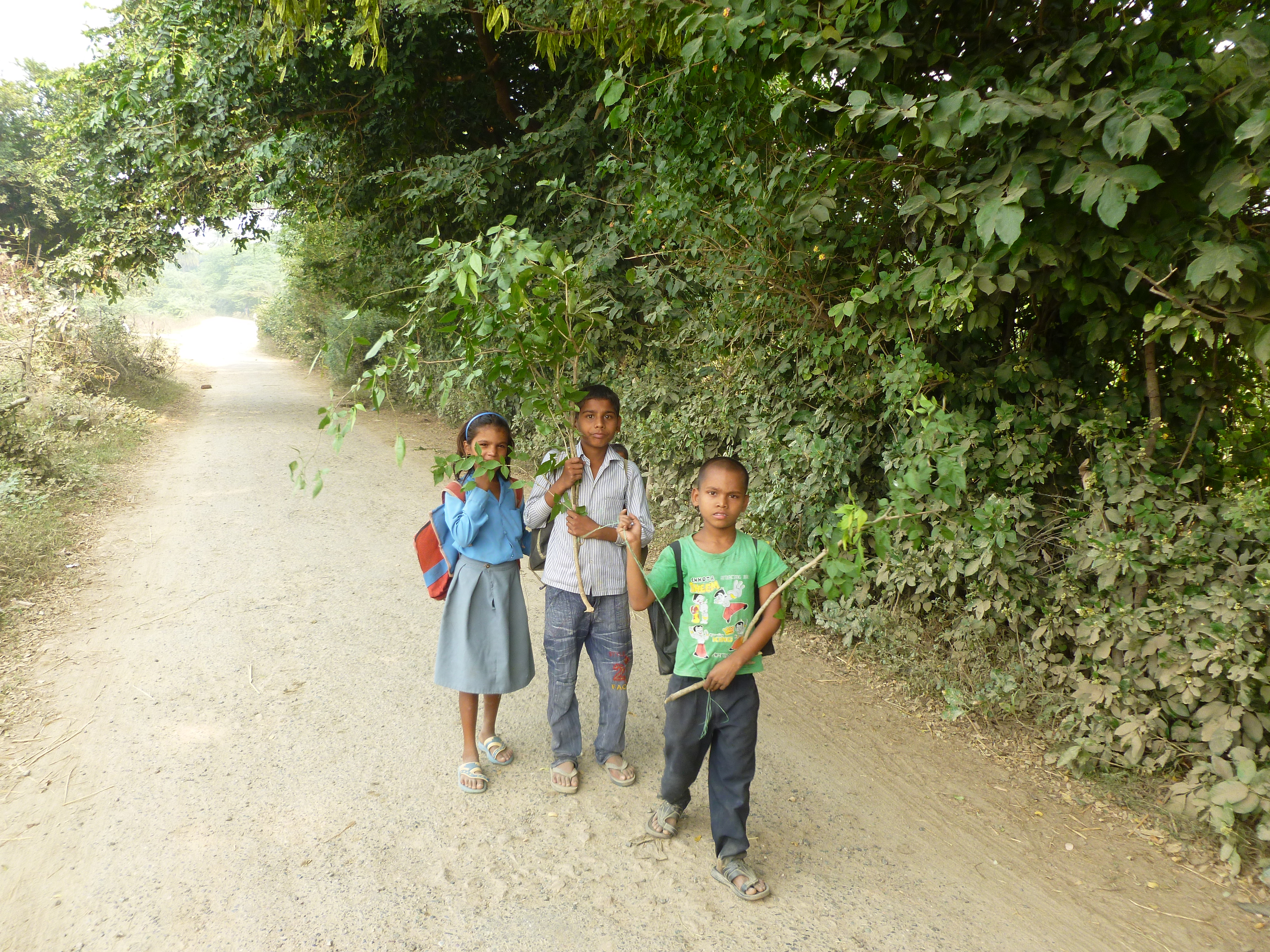Review by David Runciman "The End of the Species"
Book Reviews & Articles on After the Spike
Book Reviews & Articles on After the Spike
After the Spike Reviews
Links to reviews and essays at the London Review of Books, WSJ, the Guardian, Booklist, The Sunday Times, Washington Monthly, India Forum, The Dispatch, and more
The Economic Case for Higher Birth Rates Is Bigger than You Think (Substack)
The fiscal challenges of an aging population matter, but the innovation and progress that could be lost in a shrinking world matter even more
Review of After the Spike – Sunday Times
"Contrary to Ehrlich’s 1960s arguments Spears and Geruso convincingly argue that things have improved for humans as our numbers have grown. “Progress comes from people” is their attitude. Rather than using up finite resources, having more people has meant more technological advancements and richer, better lives for everyone." "...this is not the book I expected. Crucially, it argues that reproductive freedom should go hand in hand with raising birth rates." Tom Calver reviews.
Should You Be Having More Babies? – the Atlantic
It’s time for everyone to engage in the depopulation debate, says Dean Spears, a co-author of After the Spike. Hosted by Hanna Rosin.
Why Population Stabilization Matters
by Srinivas Goli in the India Forum
Why the World Needs More People, According to These Experts – TIME
An interview and Q&A for TIME magazine by Belinda Luscombe
Depopulation Is Coming. Don’t Expect It to Solve Our Problems. – New York Times
Op-ed by Michael Geruso and Dean Spears: "Depopulation might seem welcome. It is true that people caused today’s environmental problems. And it is right to prioritize the challenges of climate change, global poverty and inequality... But falling birthrates are not the answer to our world’s problems."
Why Americans Aren’t Having Babies ―Wall Street Journal
Americans aren’t just waiting longer to have kids and having fewer once they start—they’re less likely to have any at all.
The World’s Population May Peak in Your Lifetime. What Happens Next? ―New York Times
The global human population has been climbing for the past two centuries. But what is normal for all of us alive today — growing up while the world is growing rapidly — may be a blip in human history.
The Repugnant Conclusion is a puzzle that has occupied philosophers and economists for decades. 29 scholars just published a new agreement. ―Medium
It may be time to move on from the Repugnant Conclusion.
